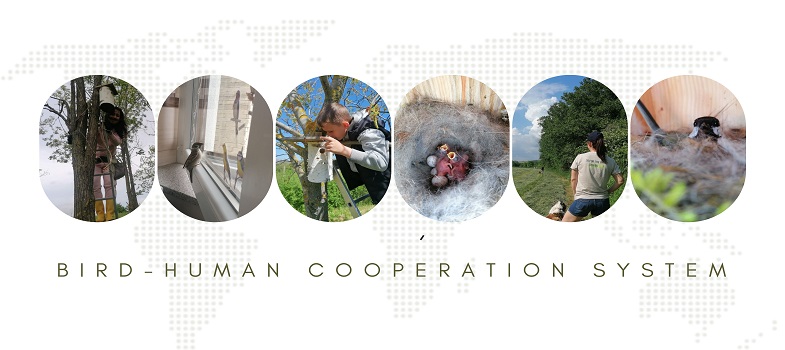useful and harmful birds
Birds play an essential role in the natural world and in human life, which raises the question: are they useful or harmful? When examined through ecological, agricultural, and health perspectives, it becomes clear that birds are overwhelmingly useful, although a few species can sometimes cause harm.
One major contribution of birds is their ability to maintain ecological balance. Insect-eating species such as swallows, warblers, and sparrows consume vast quantities of mosquitoes, caterpillars, and other insects that would otherwise destroy crops and spread disease. This natural pest control reduces reliance on chemical pesticides, making farming more sustainable. In addition, scavenger birds like vultures perform a vital cleaning service by consuming dead animals, which limits the spread of dangerous bacteria and diseases that could threaten both humans and livestock.
Birds are also key partners in plant reproduction. Many species act as pollinators, transferring pollen from one flower to another and enabling fruits and seeds to develop. Others, such as pigeons, hornbills, and fruit doves, disperse seeds over wide areas, helping forests regenerate and ecosystems remain diverse. Without birds, many plant species would struggle to survive, and entire ecosystems would become less resilient.
Beyond ecological services, birds serve as indicators of environmental change. Scientists often study bird populations to assess pollution levels, habitat loss, and the effects of climate change. A sharp decline in certain bird species can act as an early warning sign that ecosystems are under stress.
Of course, some bird species can create challenges. Crows, parrots, and pigeons sometimes feed on crops, causing economic losses for farmers. Invasive species may compete with native birds for food or nesting sites. However, these harmful effects are limited when compared with the broad and irreplaceable benefits birds provide.
In conclusion, birds should be regarded as highly useful. They sustain ecosystems, support agriculture, and protect human health, making their conservation essential for the well-being of our planet
